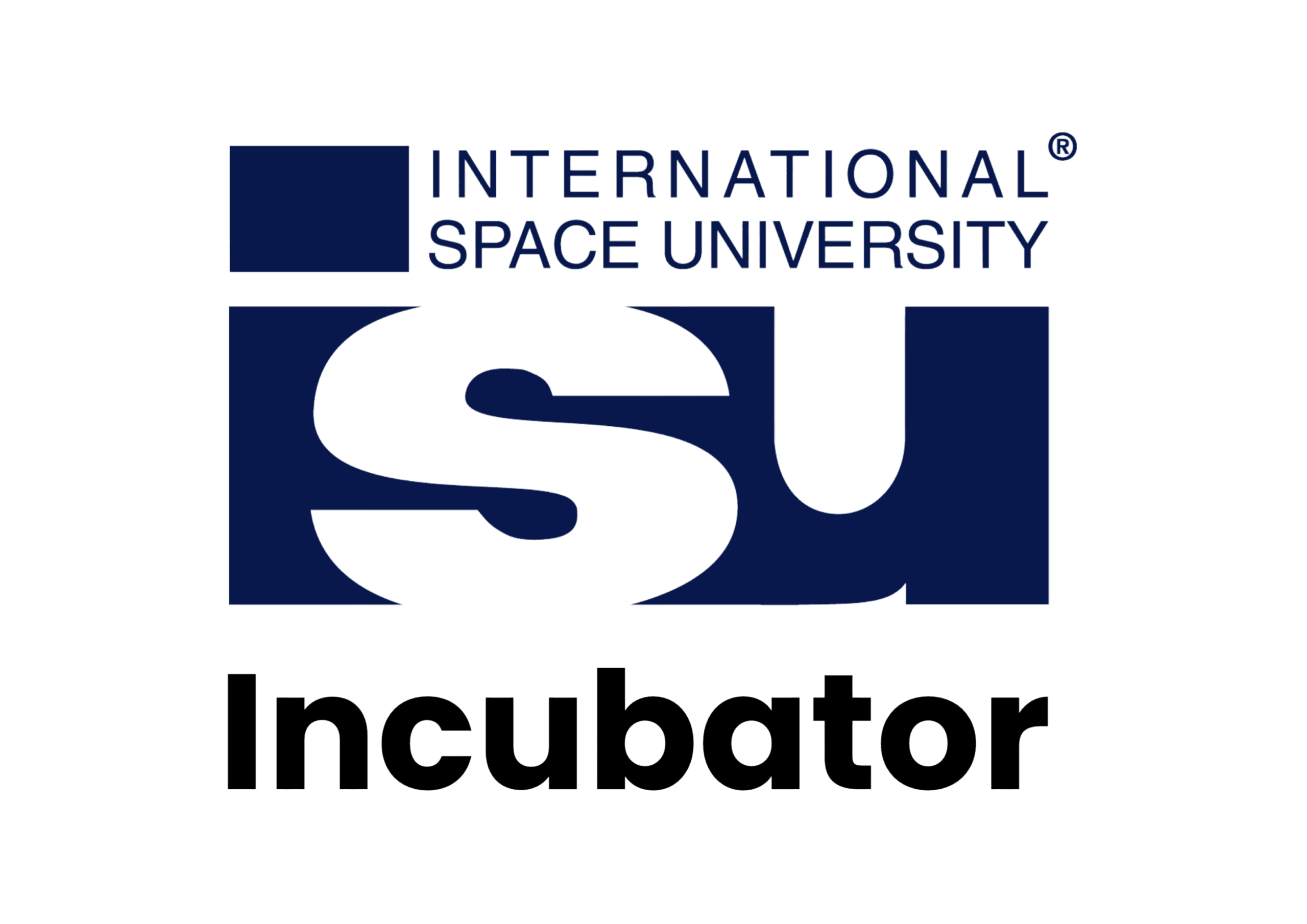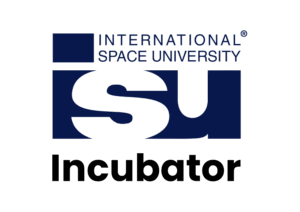
Prof. Hugh Hill
Space Science
B.A. Physics and Computing, The Open University, U.K.
M.Sc. (by research) Meteoritics, University of Dublin (Trinity College)
Ph.D. Astronomy, Institut d’Astrophysique Spatiale/CNRS, Orsay, and Muséum National d’Histoire Naturelle, Paris
Formerly
National Academy of Sciences Resident Research Associate, Laboratory for Extraterrestrial Physics, NASA Goddard Space Flight Center, Maryland, U.S.A. (1999-2002)
Associate Lecturer (Astronomy and Planetary Science) and Adviser for The Open University (1995-1998)
Visiting Researcher, Muséum National d’Histoire Naturelle, Paris (1994)
Staff member, Armagh Planetarium, Ireland (1986-1994)
Research and Teaching Interests
- Laboratory Astrophysics especially synthesizing and characterizing interstellar dust grain analogs
- Nebular and protoplanetary physics and chemistry especially relating to Herbig Ae/Be stars
- Solid-state physics especially nanophysics of diamond, silicates, and oxides
- Astrobiology including panspermia theory, prebiotic chemistry and the origin of life
- Meteoritics including presolar grains, interplanetary dust particles and cometary chemistry
- Experimental microgravity
- Educational outreach and long-distance learning development.
Publications Include
Dai, Z. R., Bradley, J. P., Joswiak, D. J., Brownlee, D. E., Hill, H. G. M. and Genge, M. M. (2002). Possible in situ formation of meteoritic nanodiamonds in the early solar system. Nature, 418, 157-159.
Nuth, J. A., Rietmeijer, F. J. M. and Hill, H.G.M. (2002) Condensation Processes in Astrophysical Environments: The Composition and Structure of Cometary Grains. Meteoritics and Planetary Science, 37, 1579-1590.
Hill, H.G.M. and Nuth, J.A. (2003). The catalytic potential of cosmic dust: Implications for prebiotic chemistry in the solar nebula and other protoplanetary systems, Astrobiology, 3, 2, 291-304.
Jones, A.T., d’Hendecourt, L.B., Sheu, S.-Y., Chang, H.-C., Cheng, C.-L and Hill H.G.M. (2004). Surface C-H stretching features on meteoritic nanodiamonds. Astronomy and Astrophysics, 416, 235-241.
Nuth, J.A. and Hill, H.G.M. (2004). Planetary accretion, oxygen isotopes and the central limit theorem. Meteoritics and Planetary Science, 39, 1-9.
Hadamcik, E, Renard, J.-B., Rietmeijer, F.J.M., Levasseur-Regourd, A.C., Hill, H.G.M., Karner, J.M. and Nuth, J.A. (2007). Light scattering by fluffy Mg-Fe-SiO and C mixtures as cometary analogs (PROGRA2 experiment). Icarus (accepted for publication).
Gale, J., Wandel, A. & Hill. H. (2019). A midsummer-night’s dream (nightmare?): Do rapid advances in Computation and AI portend an imminent Singularity, the end of Humanity and a paradigm change in SETI? Abstract for European Astrobiology Network Association (EANA) 19th Astrobiology Conference, Orleans.
Gale, J., Wandel, A. & Hill. H. Will recent advances in AI result in a paradigm shift in Astrobiology and SETI? International Journal of Astrobiology (Cambridge University Press). Accepted for publication, August 2019.
Other Activities
Evaluator for various NASA-funded proposals, e.g. NASA’s Astrobiology Institute (NAI). Referee for eight peer-reviewed journals including Astronomy & Astrophysics, Astrobiology, and Nature.
Member of several scholarly organizations including the Meteoritical Society and the European Astrobiology Network Association.

